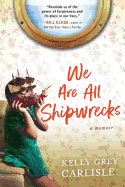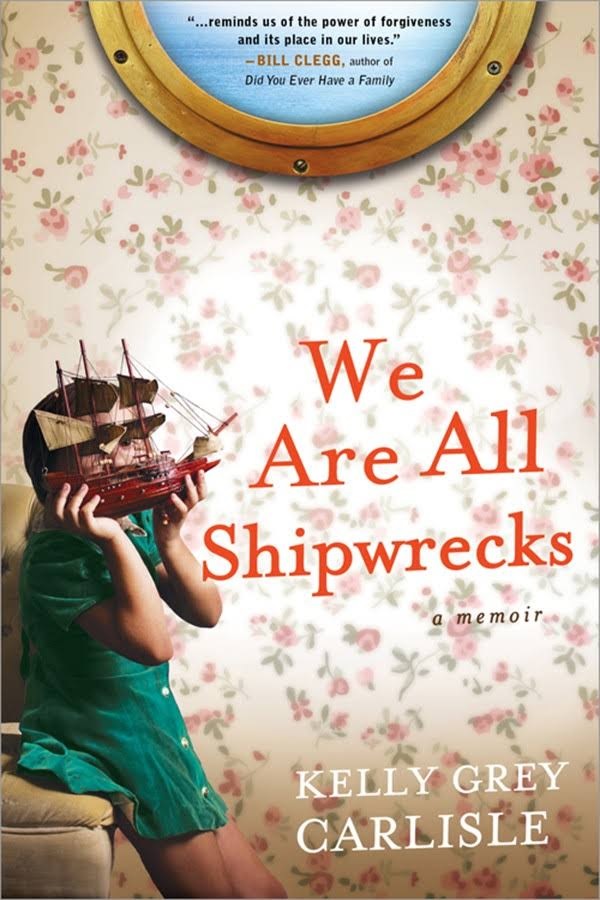 A young mother tucked her three-week-old daughter into a drawer in a Hollywood motel room before leaving for the night. A police detective would lift the baby out again, after the mother was murdered. In the opening scene of Kelly Grey Carlisle's memoir, We Are All Shipwrecks, an eight-year-old Kelly meets that detective for the first time, having just learned how her mother died. It sounds like a sensational beginning, but Carlisle's measured, wondering tone allows the reader, like the author's child self, to meet each disorienting new situation with curiosity rather than a sense of spectacle.
A young mother tucked her three-week-old daughter into a drawer in a Hollywood motel room before leaving for the night. A police detective would lift the baby out again, after the mother was murdered. In the opening scene of Kelly Grey Carlisle's memoir, We Are All Shipwrecks, an eight-year-old Kelly meets that detective for the first time, having just learned how her mother died. It sounds like a sensational beginning, but Carlisle's measured, wondering tone allows the reader, like the author's child self, to meet each disorienting new situation with curiosity rather than a sense of spectacle.
Kelly was raised by her maternal grandfather and his much-younger wife, whom she calls Daddy and Mommy. He likes to be called Sir Richard and boasts of a wild and heroic--increasingly incredible--past; her name is Marilyn, and she carries wounds that Kelly will gradually understand. They own a pornography shop near the Los Angeles airport, and for many of Kelly's formative years, they live on a boat in a marina. Their neighbors are unglamorous down-and-outs, and Kelly is wracked by how normal her childhood isn't. But in her reflections on the page, she realizes that the adults who surrounded her in her youth played various parts in her unconventional upbringing; many of them were loving, positive figures. We Are All Shipwrecks is a memoir about being adrift and lost on a boat, but also about discovering that we're all more or less adrift, that yearning is a universal condition.
As she matures and learns more about her grandfather and Marilyn--the nearest to parents that she'll ever know--Kelly persists in wondering about the mother she lost. Naturally, then, the book follows her progress: from tracking a bewildering childhood to seeking answers about where she's come from. By the time Kelly becomes a mother, and for some time thereafter, her understanding of her roots continues to evolve. She explores the roles of trauma, love, resilience and forgiveness in shaping a life. "By now, I've realized that my grandfather was wrong when he told me, 'Where you come from is important; it's who you are,' because it was only partly true. 'Who you are' also happens after you leave home. You are turning into 'who you are' your whole life."
We Are All Shipwrecks is a personal history, a commentary on the experiences of childhood (uncertainty, pain, possible acceptance) and an investigation into what creates us. Readers who appreciate thoughtful memoirs will be charmed by Carlisle's generosity and easy, open reflections. --Julia Jenkins, librarian and blogger at pagesofjulia
Shelf Talker: An unstable childhood on the harbor in Los Angeles yields a wise, contemplative, forgiving memoir by a likable narrator.
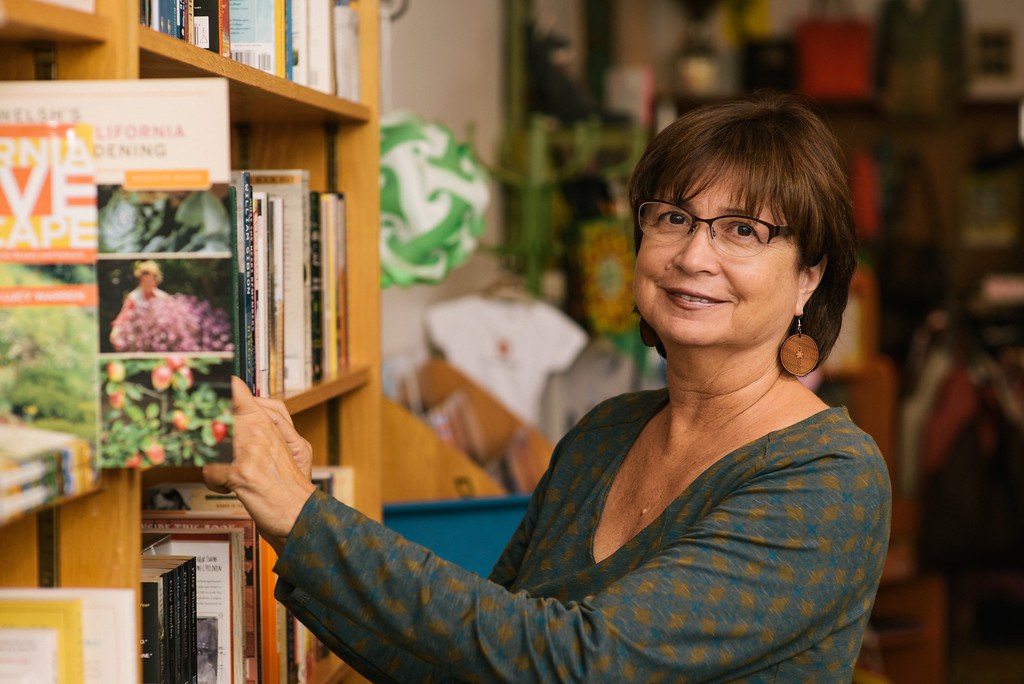 "I have been encouraged to see young people reach for a book to read or a journal to write in and a genuine enthusiasm when they discover our real bookstore tucked away in South Park for the first time.... Bookstores have never been just a store. They are, like their cousin the cafe, a place of ideas. You go to a cafe to share ideas with a friend. The bookstore experience is more solitary. It is the place of communion of one's own."
"I have been encouraged to see young people reach for a book to read or a journal to write in and a genuine enthusiasm when they discover our real bookstore tucked away in South Park for the first time.... Bookstores have never been just a store. They are, like their cousin the cafe, a place of ideas. You go to a cafe to share ideas with a friend. The bookstore experience is more solitary. It is the place of communion of one's own."








 Modeled on the national
Modeled on the national 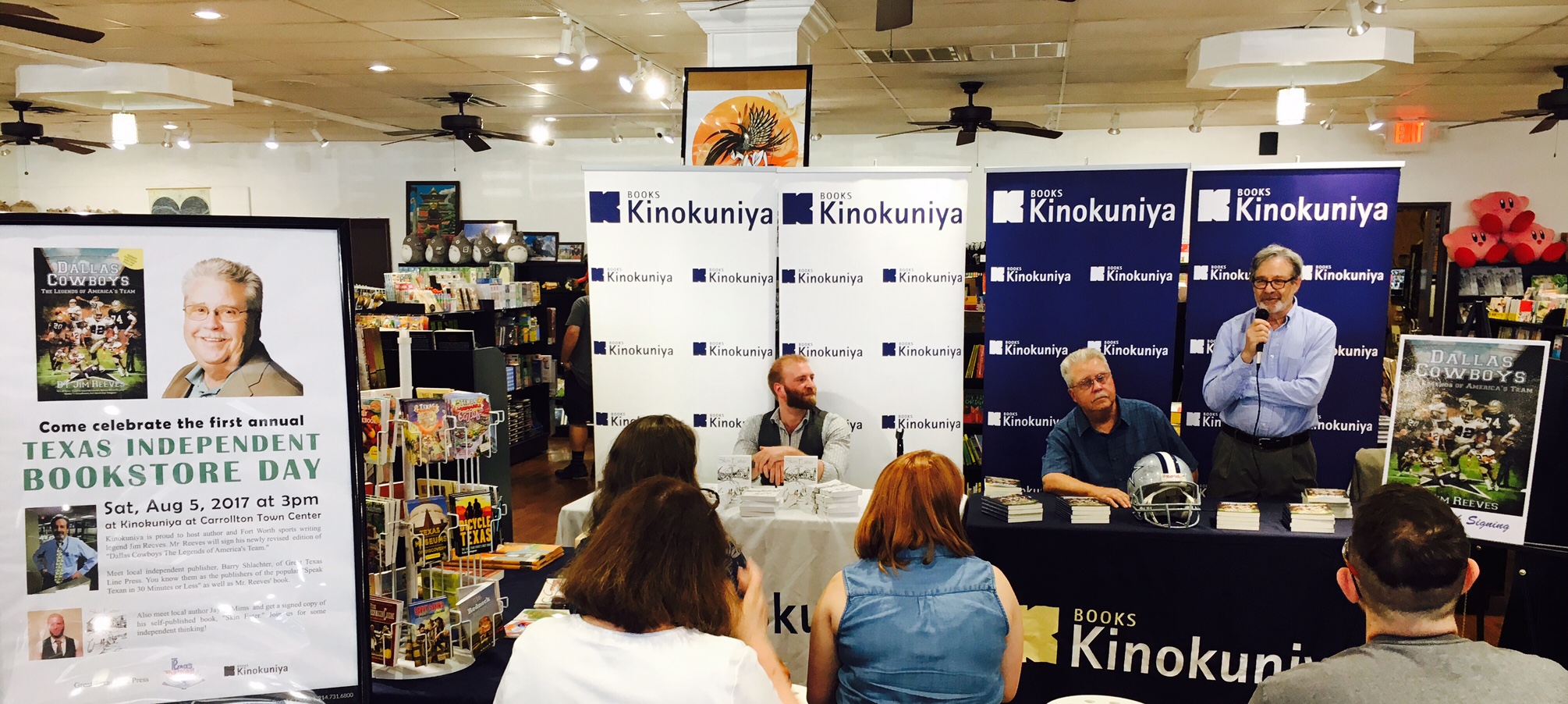
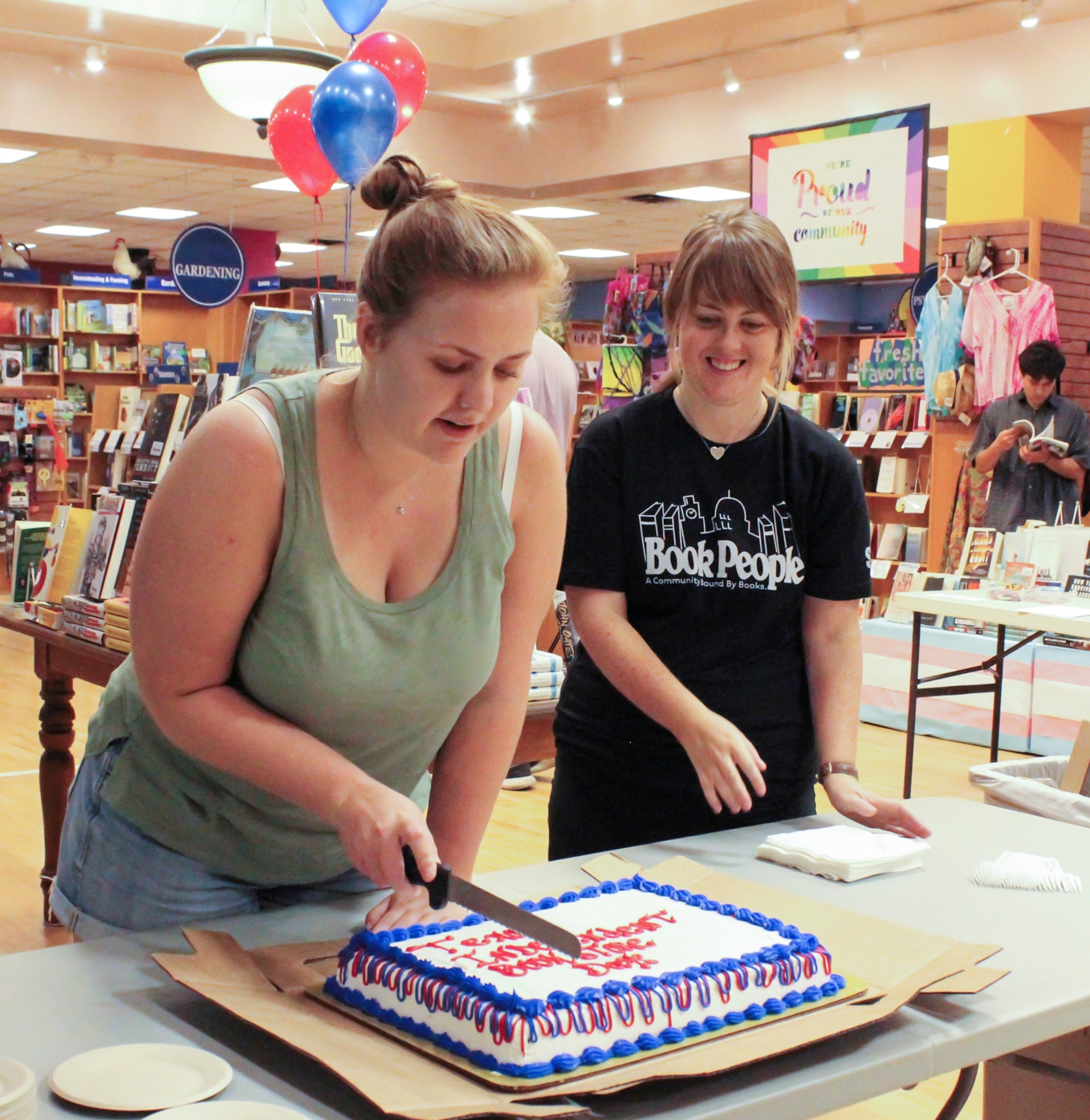

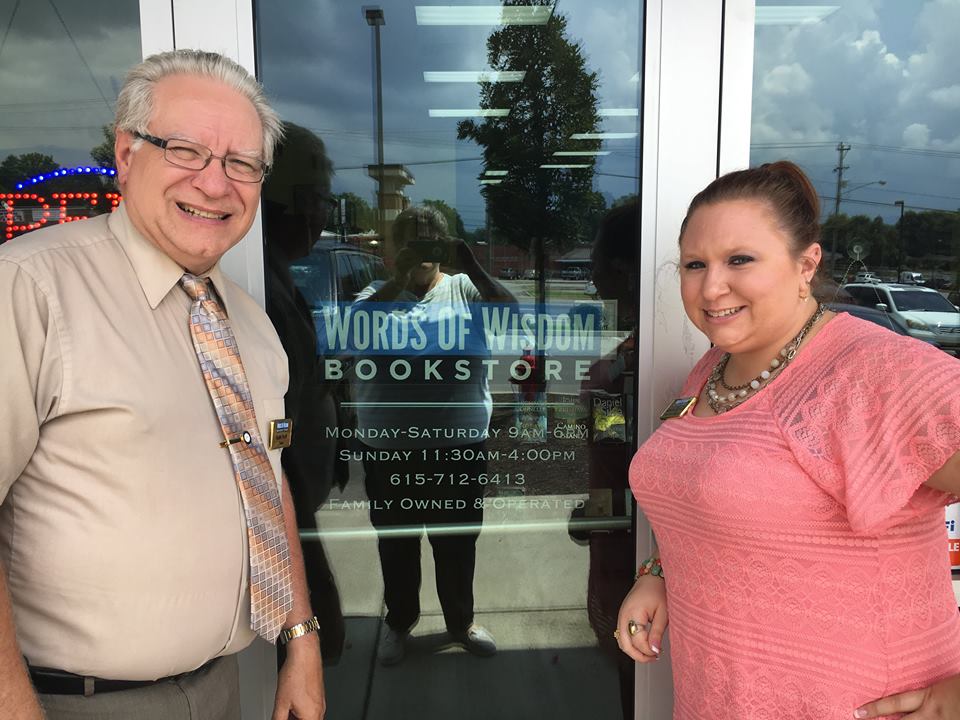
 Last Thursday, the American Booksellers Association's e-newsletter edition of the Indie Next List for August was delivered to more than a third of a million of the country's best book readers. The newsletter was sent to customers of 113 independent bookstores, with a combined total of 436,000 subscribers.
Last Thursday, the American Booksellers Association's e-newsletter edition of the Indie Next List for August was delivered to more than a third of a million of the country's best book readers. The newsletter was sent to customers of 113 independent bookstores, with a combined total of 436,000 subscribers.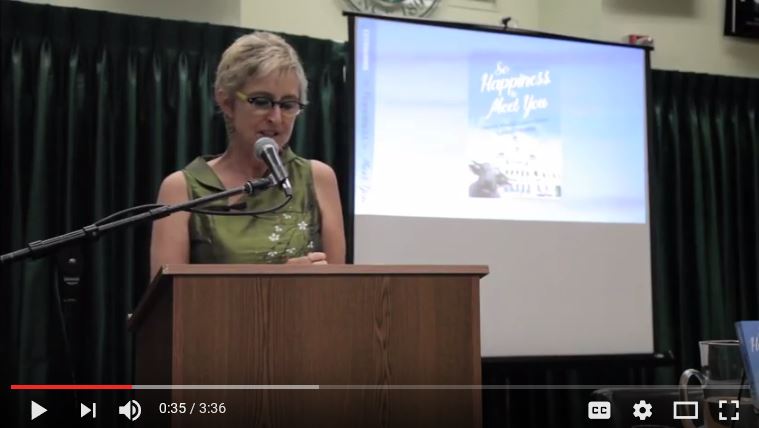 So Happiness to Meet You: Foolishly, Blissfully Stranded in Vietnam
So Happiness to Meet You: Foolishly, Blissfully Stranded in Vietnam A young mother tucked her three-week-old daughter into a drawer in a Hollywood motel room before leaving for the night. A police detective would lift the baby out again, after the mother was murdered. In the opening scene of Kelly Grey Carlisle's memoir, We Are All Shipwrecks, an eight-year-old Kelly meets that detective for the first time, having just learned how her mother died. It sounds like a sensational beginning, but Carlisle's measured, wondering tone allows the reader, like the author's child self, to meet each disorienting new situation with curiosity rather than a sense of spectacle.
A young mother tucked her three-week-old daughter into a drawer in a Hollywood motel room before leaving for the night. A police detective would lift the baby out again, after the mother was murdered. In the opening scene of Kelly Grey Carlisle's memoir, We Are All Shipwrecks, an eight-year-old Kelly meets that detective for the first time, having just learned how her mother died. It sounds like a sensational beginning, but Carlisle's measured, wondering tone allows the reader, like the author's child self, to meet each disorienting new situation with curiosity rather than a sense of spectacle. 